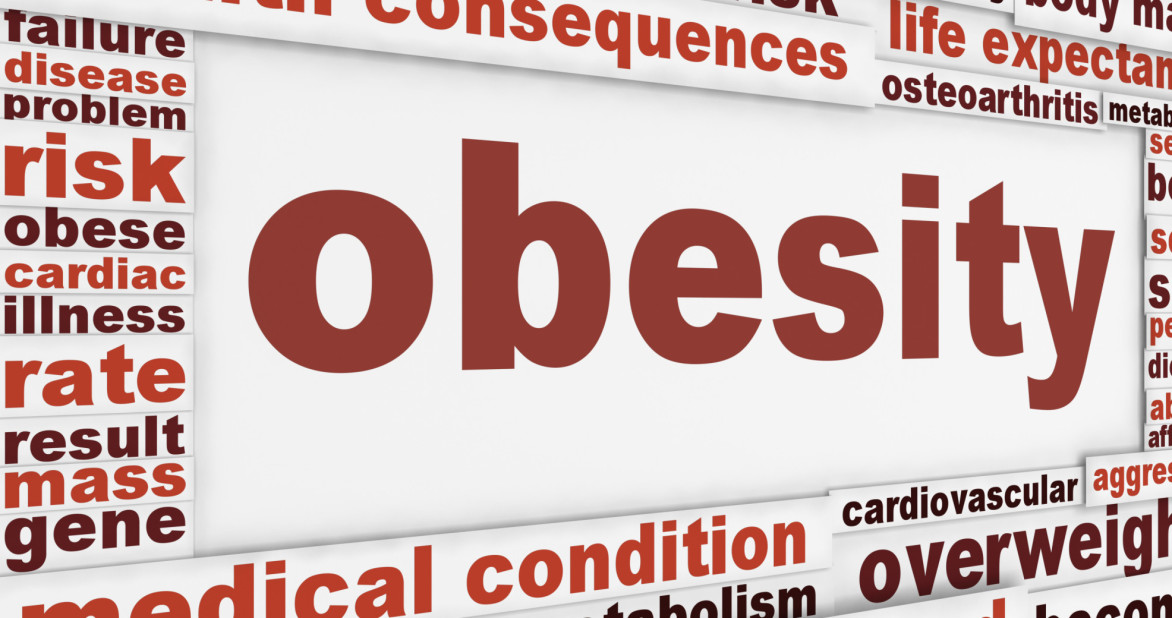Overweight motivates bullying

Overweight motivates bullying the sooner you work on it the better
Overweight motivates bullying: The consequences of bullying
If you have been with us on this site you must have learned of several consequences of being obese or overweight. Our overweight children are vulnerable in schools. Why? Studies have established that being overweight motivates bullying and recently bullying has been sighted as one of the major consequences our overweight children face psychologically. With the help of experts from AWAREmed health and wellness resource center, we want to seek for answers to some pertinent questions that are associated with being overweight and bullying. Under the leadership of doctor Dalal Akoury MD President and founder of this establishment, we have made it a priority that we will do all we can to fight tooth and nail the scourge of obesity. We understand the pains it afflicts in our people’s lives. And that is why our team of experts is working round the clock to ensure good health for all of us. You may want to consider calling doctor Akoury for a much more professional advice and treatment over this issue.
Bullying being one of the most psychological problems is a highly individualized experience just as physical pain. Some children or teen may endure bullying better than others. It is important that the type of bullying, the level, intensity and frequency of contact with the bully or bullies be deliberated on when assessing and evaluating the emotional and physical consequences of being a victim. The result of such is that overweight children who are victims of bullying will avoid attending to activities at the playground or schools which will translate into their being inactive and poor performance academically. Besides this bullying can be very extreme in some case and lead to much more catastrophic results like suicide. This is very painful and so we must be careful when discussing the consequences of bullying in general terms since the threshold for different types of bullying will fluctuate from child to child.
Overweight motivates bullying: Helping a child who is being bullied
For you to address bullying problem related to overweight or obese children, you must be knowledgeable of the problem. Your children will require consistency, humility, compassion and above all listening to the child’s experience without judging them. It won’t be easy, you must be ready to withstand the obstacles which may come your way like you may be tempted to portion blame on the child or even suggest that, “You need to learn to defend yourself.” Being overprotective may also be an option for you like “I must discuss this with his/her parents straight away.” These are obstacles and should be avoided because they will make you harden your position which may only result in making enemies.
Therefore, your best plan of action should be to show your child how to use all the resources available to create a safer and more secure environment for them like.
- Surround your child with family and neighbors who know your child is being bullied and ask that they support you in protecting your child is not just important for your child but also to theirs as well.
- Cultivating a “zero tolerance” for bullying environment in your child’s community ensures all children have access to a safe, nurturing, learning environment.
- You and your child can work together to ensure all kids are safe and empowered to speak up against bullies.
- Remember, you may be the only person your child can trust and come to for help.
Overweight motivates bullying: The consequences of bullying
http://www.awaremednetwork.com/








